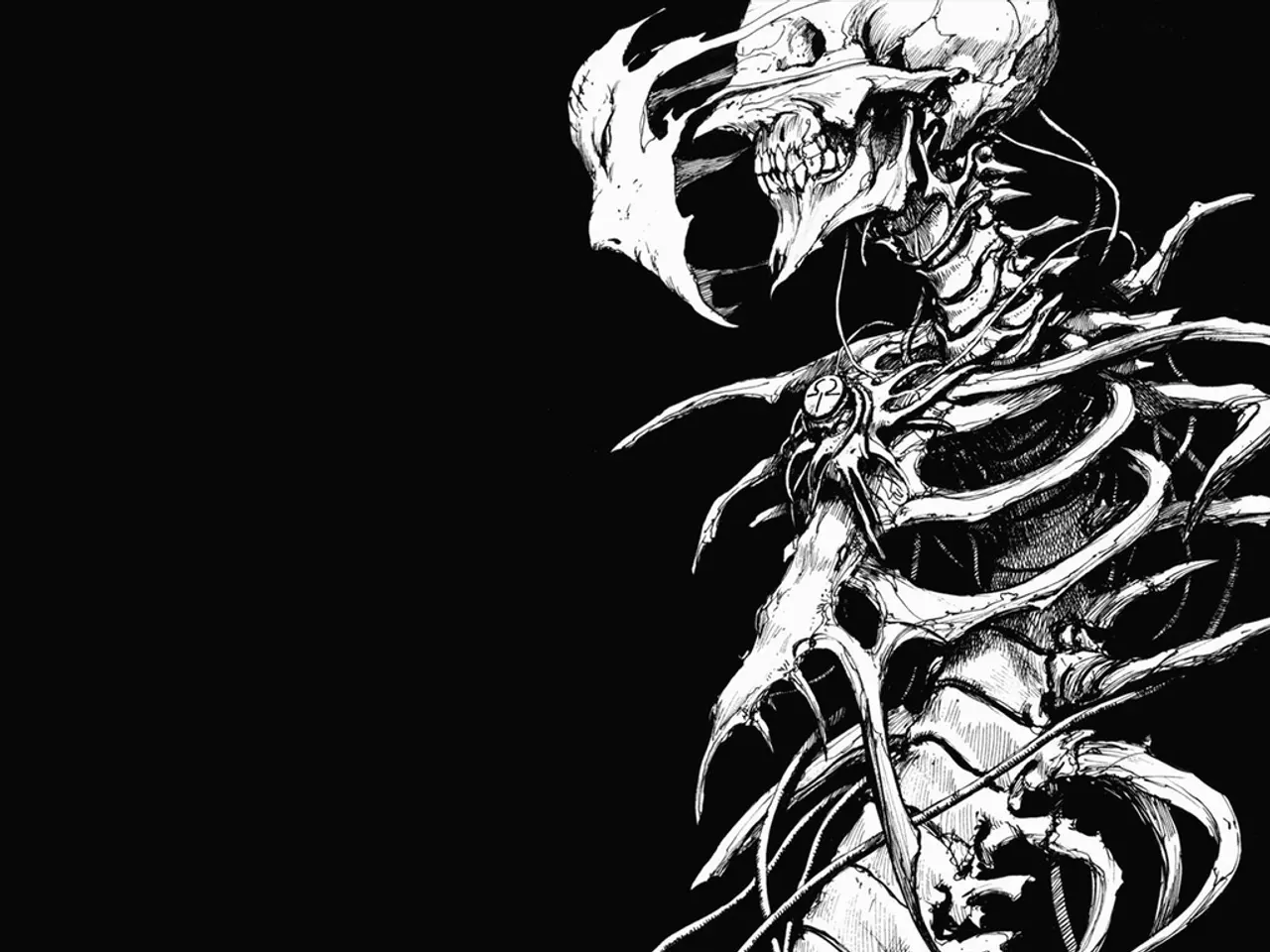Supernatural Encounters: Exploring the Realm of Demonic Possession and Exorcism Rituals
In the realm of the supernatural, the belief in demonic possession and exorcism has captivated societies for centuries. This article delves into the history and cultural significance of this practice across Christianity, Islam, and Hinduism.
Father Vincent Lampert, one of 12 Vatican-trained exorcists residing in the U.S., shared his chilling experiences with "A Current Affair" in December 2019, shedding light on the rising demand for exorcisms. In Christianity, demonic possession is viewed as an affliction caused by evil spirits—demons—who seek to corrupt humans. The New Testament records Jesus performing exorcisms, reinforcing the belief that these spirits are real and must be expelled by divine authority. Over time, exorcism became institutionalized in the Church, with rituals often including prayers, holy water, and invocation of saints.
Islam also acknowledges the existence of possession, attributing it to jinn—beings created from fire or air who can influence or possess humans. The Quran acknowledges jinn but refers to them ambiguously; Islamic theology elaborates on their nature and capacity for possession. Exorcisms (often called ruqyah) involve reciting Quranic verses, prayers, and supplications to cast out these spirits.
Hinduism's understanding of possession and exorcism is intertwined with beliefs in various spirits and deities. Demonic possession is often seen as the influence of negative energies or entities associated with desire and craving, which the enlightened overcome. Exorcism practices vary widely, involving rituals, mantras, and ceremonies conducted by priests or shamans to remove these spirits, reflecting a deep cultural significance related to maintaining spiritual and social harmony.
Across all three religions, possession and exorcism symbolize the struggle between good and evil forces influencing human life, with rituals providing means of spiritual healing and protection rooted in each tradition's worldview.
However, it's important to note that conditions such as schizophrenia, dissociative identity disorder, and epilepsy can manifest symptoms that might be mistaken for possession. The concept of demonic possession and exorcism has been the subject of debate, with no empirical evidence to support the existence of demons or supernatural possession.
In 1976, Malachi Martin, a prolific Irish Catholic priest, authored the book "Hostage to the Devil," which offers a unique perspective on demonic possession and exorcism. The book draws heavily from Martin's personal experiences and observations. Another notable work is "Hostage to the Devil," which provides a detailed account of the author's experiences and observations with demonic possession and exorcism.
The history and cultural significance of demonic possession and exorcism vary across these religions, reflecting each religion's theology and cultural context. Despite the debates surrounding their existence, these practices continue to fascinate and intrigue, offering a glimpse into the human struggle against perceived evil forces.
- In the domain of supernatural sightings, UFOs have become a popular and contested entertainment topic, with many books delving into alleged encounters with extraterrestrial beings.
- Father Vincent Lampert, a witness to the phenomena of demonic possession, shared his haunting experiences in a television interview, revealing the rising demand for exorcisms in contemporary times.
- Science refutes the health-and-wellness benefits of relying on mental-health practices like exorcism, emphasizing that conditions like schizophrenia, dissociative identity disorder, and epilepsy often mimic symptoms of possession.
- The supernatural practice of exorcism, institutionalized in Christianity with rituals involving prayers, holy water, and invocation of saints, has also been part of Islamic tradition, addressed as ruqyah and involving reciting Quranic verses and supplications.
- In Hinduism, the understanding of possession and exorcism is associated with negative energies or entities linked to desire and craving, and practices to remove these spirits include rituals, mantras, and ceremonies conducted by priests or shamans.
- The books "Hostage to the Devil" by Malachi Martin and another similarly titled work offer unique perspectives on demonic possession and exorcism, drawing on the authors' personal experiences and observations within their respective religious contexts.




